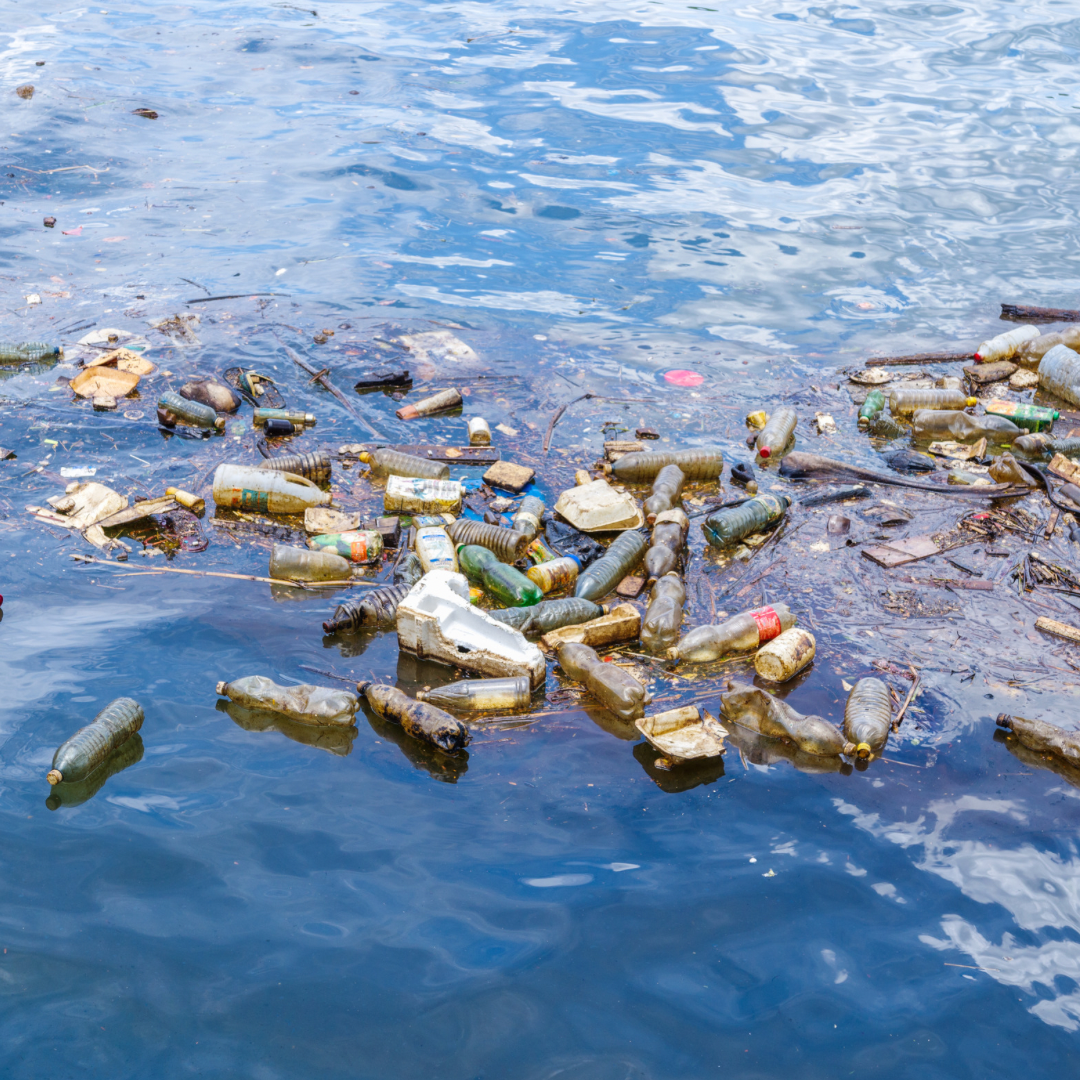Plastic pollution in the ocean is a growing threat to marine life. Every year, millions of tons of plastic waste end up in the ocean, harming wildlife and damaging fragile ecosystems.
Plastic pollution in the ocean comes from a variety of sources, including discarded fishing nets, plastic bags, and microplastics. But one often-overlooked source is clothing. The fashion industry is a major contributor to plastic pollution, with synthetic materials like polyester shedding microfibers that are too small to be filtered out by wastewater treatment plants. These microfibers enter waterways and eventually make their way to the ocean, where they can be ingested by marine life or accumulate in the food chain.
But it's not just synthetic materials that are contributing to the problem. Natural materials like cotton also have an impact. Cotton is a water-intensive crop that requires large amounts of pesticides and fertilizers. These chemicals can end up in waterways and harm aquatic life. And when cotton clothing is discarded, it can take years to biodegrade, contributing to the growing problem of plastic pollution in the ocean.
So what can be done to address the problem of plastic pollution in the ocean? One solution is to reduce our reliance on plastic altogether. This means using less single-use plastic, recycling what we do use, and seeking out alternatives to plastic in our everyday lives. It also means being mindful of the clothing we buy, choosing natural materials like organic cotton or hemp, which have a lower environmental impact.
At Mudminnow, we are committed to doing our part to reduce plastic pollution in the ocean. We use sustainable materials like organic cotton and recycled nylon in our clothing, and we have also been developing hemp and recycled polyester prototypes for almost two years. We are constantly looking for ways to reduce our impact on the environment. We believe that by working together, we can make a difference and protect our oceans for generations to come.

